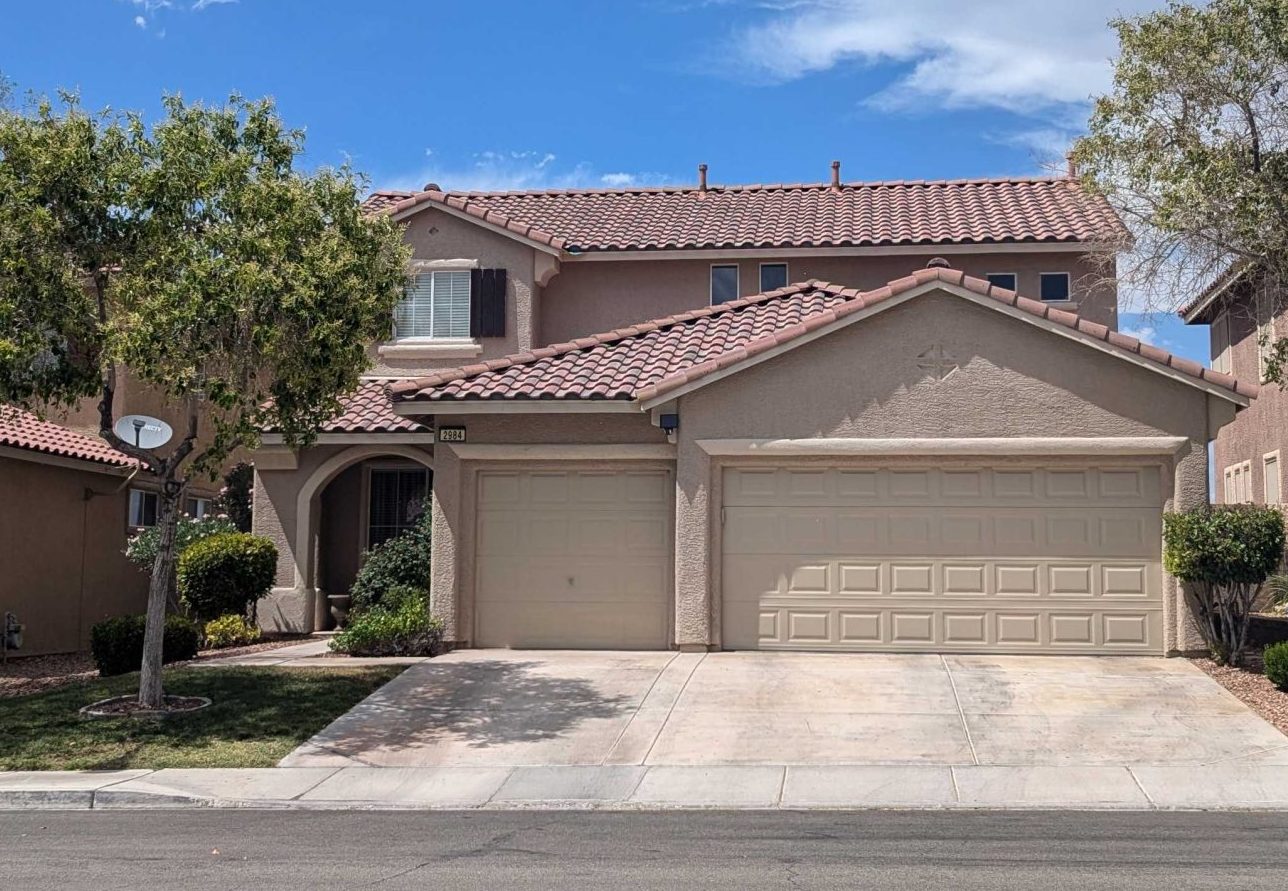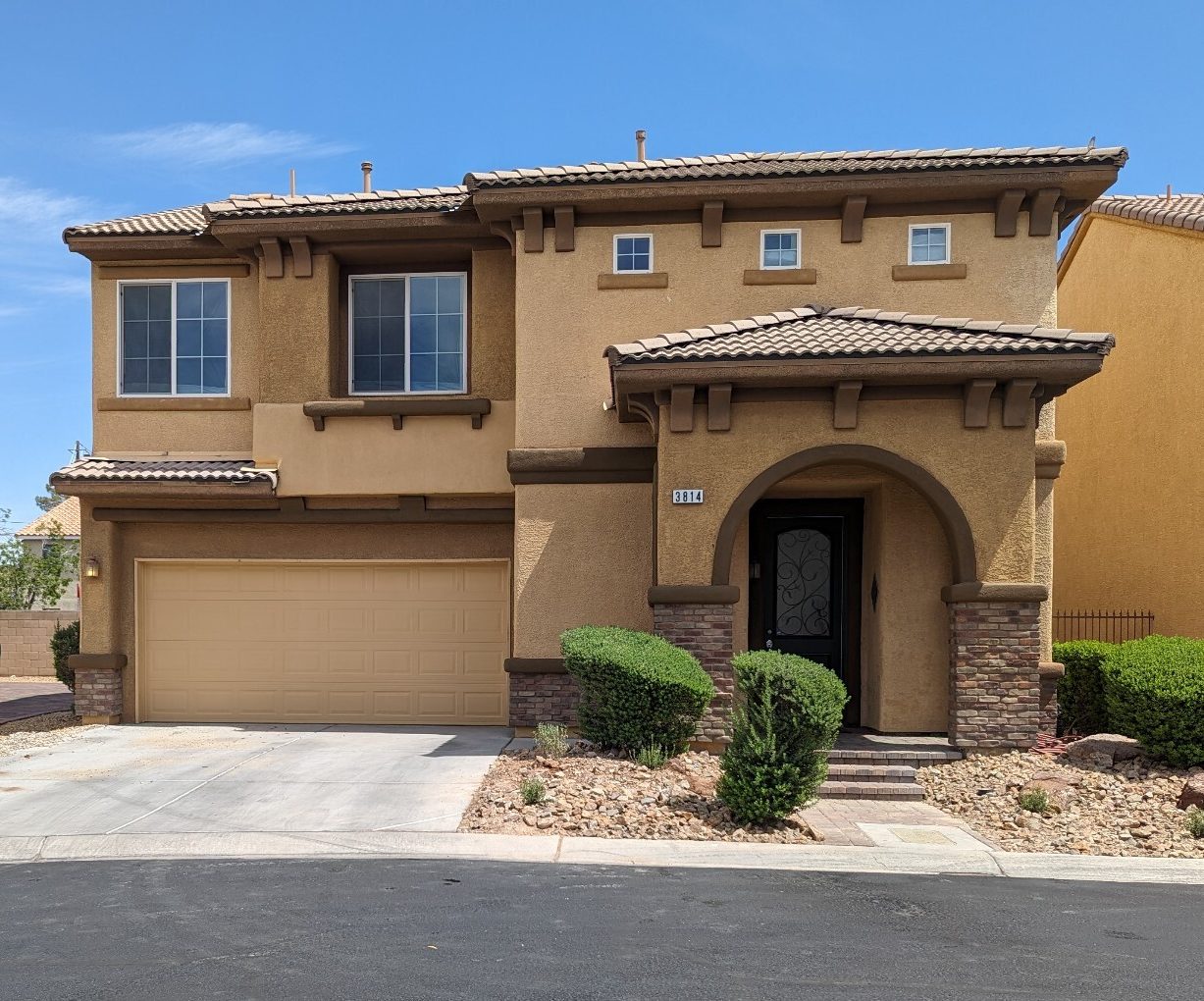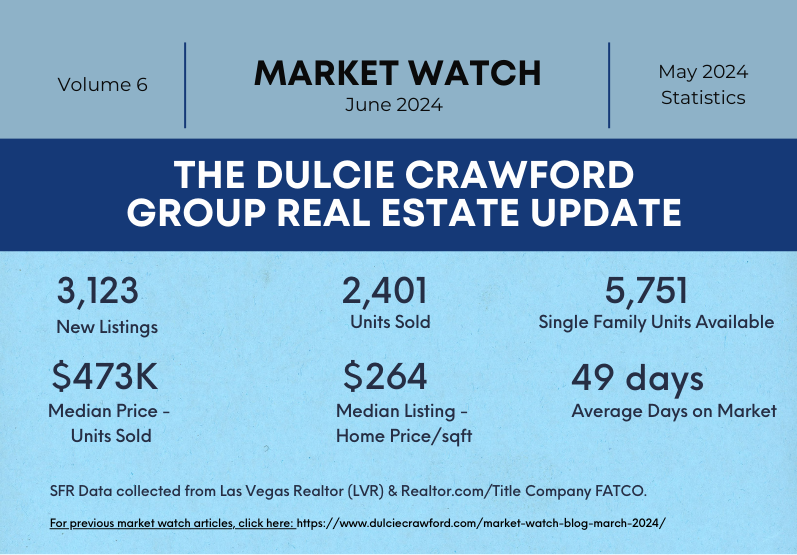In a recent report published by CNN Money, the Federal Housing Finance Agency, which oversees Fannie Mae and Freddie Mac, introduced new rules for the short sale process in an attempt to reduce the number of foreclosures nationwide. FHFA officials say the rules, which take effect on June 1, are designed to help speed up the process, which would in turn cut down on the number of properties going into foreclosure.
The new regulations implement a stricter timetable on short sales, with lenders now required to respond to requests within 30 days.
In addition, they would be required to make a final decision on the sale within 60 days from the initial offer. If review of the sale lasts longer than 30 days, lenders are required to provide weekly updates on the status of the sale to the borrower.
The FHFA hopes that the new rules speeding up the short sale process will help avoid situations like California faced last year, where 60 percent of short sales failed to result in a closed sale.
The general belief is that short sales most often fall through because the bank or other lending institution takes too long to review the sale.
In many cases, says the National Association of Realtors, homes are foreclosed before the short sale can even close. California provides a perfect example: according to the California Association of Realtors, 60 percent of all short sales in the state failed to close last year.
“Delays in approving short sale requests remain a significant challenge for realtors and consumers and often results in canceled contracts and the property going into foreclosure,” said Moe Veissi, president of the National Association of Realtors.
Ultimately, CNN argues, short sales work out best for all parties in the long run: the lender is saved from continually paying property taxes and maintenance costs; the credit score of the seller(s) takes less damage; and the eventual buyer receives a home in better condition because people have been living there recently.
We have been getting a great closing success rate with our short sales, as the banks are now more willing to discuss short sales as an option for homeowners. Underwater and walking away is a viable alternative for most Las Vegas homeowners in this current market. We have established a seminar series to help homeowners find the best solution. If you have any questions or would like to schedule a FREE consultation, please contact Dulcie directly at 702-285-1990.
Meanwhile, some good news on the local market:
Recent statistics released by the Greater Las Vegas Association of REALTORS® (GLVAR) show a shrinking inventory of homes available for sale in Southern Nevada, where home prices and sales increased in March from the previous month.
“Our inventory is really dropping,” said GLVAR President Kolleen Kelley, a longtime local REALTOR®. “Based on current demand, we’re looking at a six-week supply of homes on the market. This is making new homes more attractive and creating a window of opportunity for home builders.”
The local housing inventory began to shrink at a more rapid rate after Oct. 1, 2011, when a new state law known as AB284 took effect, requiring lenders to prove they have all the necessary documents in place before proceeding with a foreclosure. Since Oct. 1, there has been a dramatic drop in the notices of default lenders file to begin the foreclosure process and in the number of bank-owned homes put on the market in Southern Nevada.
Even with fewer homes to sell, Kelley said existing home sales remain ahead of the record pace in 2011, when 48,186 existing properties were sold, including 38,153 single-family homes and 10,033 condominiums and townhomes.
According to GLVAR, the total number of local homes, condominiums and townhomes sold in March was 4,388. That’s up from 3,794 in February, and up from 4,316 total sales in March 2011.
Compared to February, single-family home sales during March increased by 15.8 percent, while sales of condos and townhomes increased by 15.2 percent. Compared to one year ago, home sales were up 4.4 percent, while condo and townhome sales were down 8.4 percent. As for prices, GLVAR reported the median price of single-family homes sold in March was $123,000, up 1.7 percent from $121,000 in February, but down 2.3 percent from $125,950 one year ago.
The median price of local condominiums and townhomes sold in March was $61,000. That’s up 1.7 percent from $60,000 in February and the same price as one year ago. Kelley said this is the second consecutive month that local housing prices have increased, “which is to be expected given our declining supply” of homes. However, she added that these conditions “may be short-lived if more foreclosed homes hit the market over the next few months.”


















Leave A Comment
You must be logged in to post a comment.